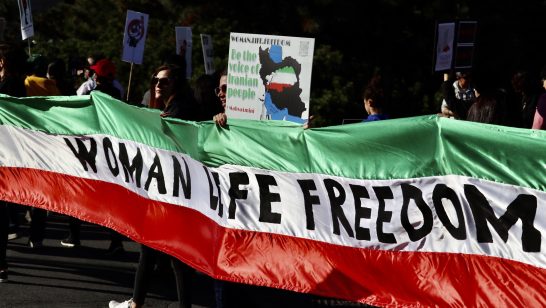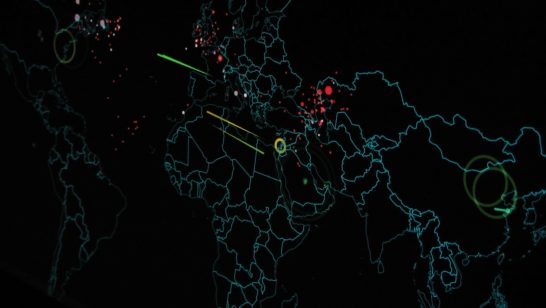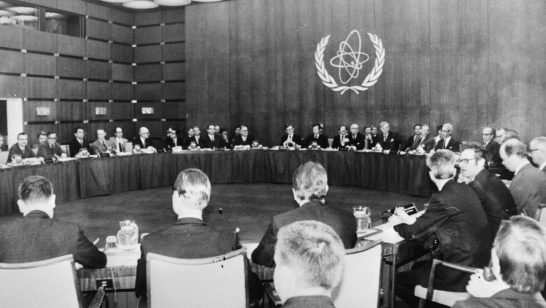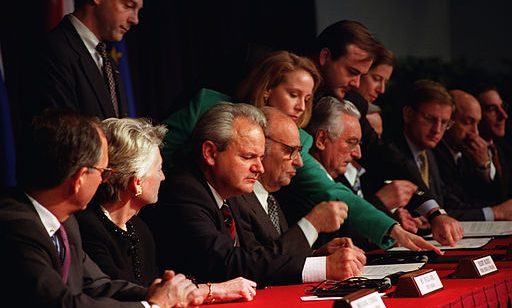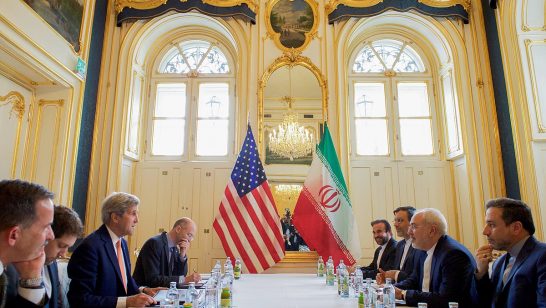
Workshop report: Track 1.5 Dialogue on Iran, the JCPOA and future scenarios
In May 2023 , the ELN and Rockefeller Brothers Fund (RBF) held a track 1.5 meeting in London featuring a range of European, American, Asian and Iranian experts to assess three possible scenarios that could come about should attempts to revive the JCPOA fail: resumption of nuclear negotiations, building regional solutions, and regional conflict. ELN Senior Associate Fellow Roxane Farmanfarmaian captures the core findings in this report.



